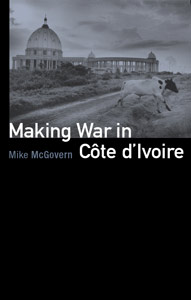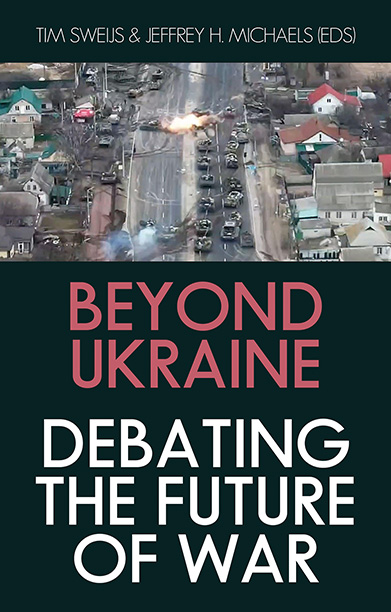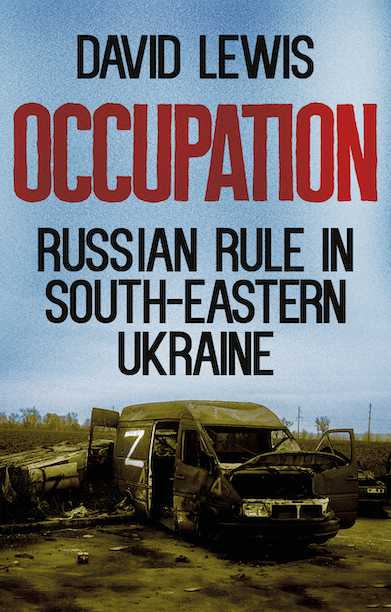Making War in Côte d’Ivoire
‘With the craft of an expert anthropologist who knows something about political science and sociology, Mike McGovern explains how local customs, burning political issues, and the economies of patronage and privilege fuel the politics of violence, showing how conflicts are made, not just how they happen.’ — Professor William Reno, Northwestern University
Description
The conflict in Cote d’Ivoire has the characteristics of Shakespearean drama – the key figures are larger than life, each with a fatal flaw, and the self-destructive path each is following is clearly visible to all but themselves. Mike McGovern’s book gives full play to the vibrant personalities involved, from Felix Houphouet-Boigny, ‘The Ram’, who cannily managed Ivorian politics for the country’s first 33 years of independence, to the contemporary First Lady Simone Gbagbo. However, the analysis is of the dynamics in place that give certain predictability to the actions of each of the key figures in the drama. Does the conflict in Cote d’Ivoire derive from ‘real’ problems such as inter-ethnic competition within a shrinking economy, or is it in some way a series of man-made disasters, a kind of grotesque misunderstanding created out of hate-filled rhetoric? The answer proposed throughout is that since the 1990s politicians in Cote d’Ivoire have concentrated on perfecting the art of ‘instrumentalising realities’, or manipulating and amplifying existing tensions and resentments, and turning them into political capital.
Reviews
‘Cote d’Ivoire is rather little-known in the English-speaking world. This is surprising in view of the fact that for some two decades, from the mid-1960s onwards, it was considered one of the most economically successful countries in Africa. Since the 1990s, the shine has gone. From 2002 until recently (and even now the position remains precarious), the country was marked by a low-intensity war that was a volatile situation of neither peace nor war, or a mixture of both. … There is no serious book in English on the Ivorian war. This is a gap that Mike McGovern, sets out to fill. … He brings to his task a first-hand knowledge of leading actors in the Ivorian conflict and of some of the country’s war zones, gained through academic and policy-oriented research.’ –– Professor Stephen Ellis, Free University of Amsterdam
‘With the craft of an expert anthropologist who knows something about political science and sociology, Mike McGovern explains how local customs, burning political issues, and the economies of patronage and privilege fuel the politics of violence, showing how conflicts are made, not just how they happen. McGovern is at the forefront of the study of the empirical conditions and processes that lead to wars in the more troubled parts of Africa. Even readers who know or care little about Côte d’Ivoire will gain insights into the intersection of patronage politics, state collapse, and conflict.’ — William Reno, Northwestern University
‘Michael McGovern shows masterfully how anthropology can clarify the extremely complicated situation in Côte d’Ivoire: the politics of resentment, rhetoric and dramaturgy; the blocked cocoa-frontier, the colonial heritage and the precarious alignment of different interests. Since 2000, the threat of violence has been constantly there, yet nothing is preordained. This book is a model for how to understand a mesmerising situation without reducing its complexity.’ — Peter Geschiere, author of The Perils of Belonging – Autochthony, Citizenship and Exclusion in Africa and Europ.
‘Under the leadership of President Félix Houphouët-Boigny, who managed Côte d’Ivoire’s transition to independence, the country was perceived as one of West Africa’s few success stories, at least until the late 1980s. Domestic political stability and close relations with France aided steady growth in the economy, which was based on agricultural exports, most notably cocoa. By the time Houphouët-Boigny died, in 1993, the Ivoirian miracle had already been seriously tarnished after a collapse in cocoa prices. But few predicted the country’s descent into ethnic polarization and civil conflict. McGovern demonstrates how ethnic identities became entrenched over the decades, as a result of the mass migration of northerners encouraged by the government to find work in southern cocoa-producing regions. When the economy stalled in the 1990s, politicians such as Laurent Gbagbo took advantage of the resentments generated by conflicts over land and social inequalities. McGovern skillfully unmasks the financial interests at stake in the country’s politics: the cocoa sector continues to generate substantial revenues, which the state elite controls through an opaque web of public and semipublic organizations.’ — Foreign Affairs
Author(s)
Mike McGovern, who teaches anthropology at Yale University, was formerly Project Director in West Africa for the International Crisis Group.






